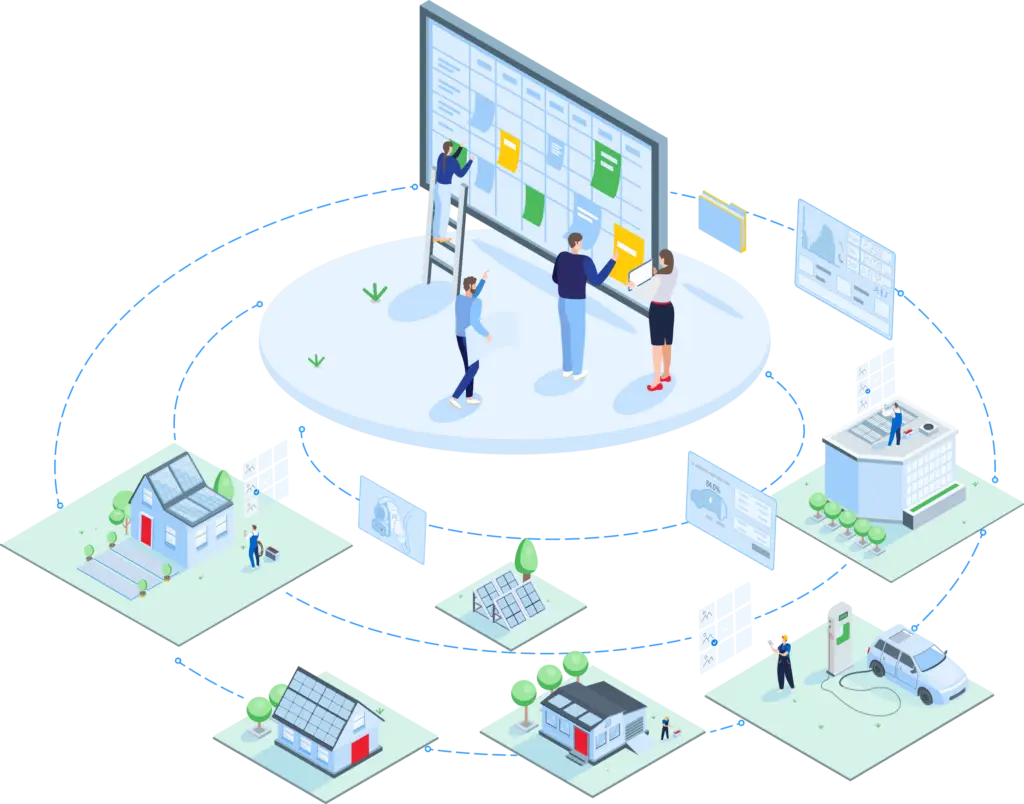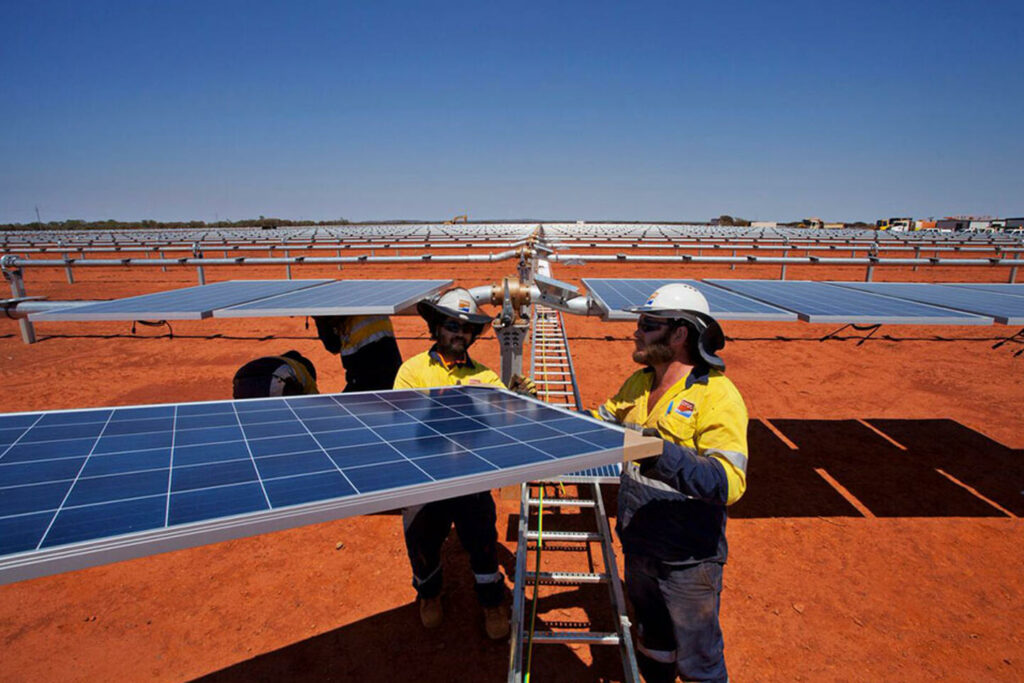It has been well established fact that the solar industry is growing at a rapid pace, but with rapid growth comes the increase in risks. From construction to production, and everywhere in between, the solar energy industry has risks, and the risks are part of the reason that so many solar companies fail. However, in this article we are going to look at some of the key liabilities that are seen within the industry, and how to mitigate or transfer them to ensure that your project will be a successful one.
Early Stages and Financial Risk
The solar industry relies on investment to produce projects, and although the industry is booming, investment is not always guaranteed. Many companies face a variety of risks in the early stage of a project including financial risk, political or regulatory risk or simply weather-related volume risk. The beginning of a project is always a little nerve-wracking but a company that does their homework already has an advantage.
Talk to your investors and ensure that you have a viable project plan combined with a project manager that can deliver on time. Ensure you have worked out permits and regulations and always leave room for weather changes (it always rains on the worst possible day, take it from experience); and of course smart and detail oriented project planning is a must. Without it, the project might completely fall apart in the early stages of its life.
Scaling and Diversification
We have seen it time and again, a smaller company can identify a risk to a project, but can’t mitigate it due to a lack of manpower or expertise. No matter the size of a project, the ability to scale will allow you to bring in experts and people to help mitigate and transfer risks that you are able to identify. Utilising different technologies and swappable gear will allow you to not only avoid risks, but also allow you to adapt to the changing environment.
Insurance is Vital
In a recent European Union survey, 60% of respondents utilized a type of insurance policy to mitigate the risk of a renewable energy project, and that number is expected grow as the solar industry continues to expand. Insurance has proven to be an effective transfer method for a number of high cost risks, including, but not limited to financial risk, weather-related risk and regulatory risks. Insurance within the industry is still steep, but for those who are taking on significant risk for a larger project, insurance is worth its weight in gold.
Mitigating and transferring risk is always an essential part of any project, and with a solar project, it might be even more important. From mitigating risk in the early stages, to the usefulness of scaling and diversifying, project managers have the tools at their disposal to mitigate or transfer risk like never have before. It is an exciting time to be in solar, and it is made even better by the options available to reduce project risk.
Related: Forecast for Solar Panel Recycling and What It Means for You




